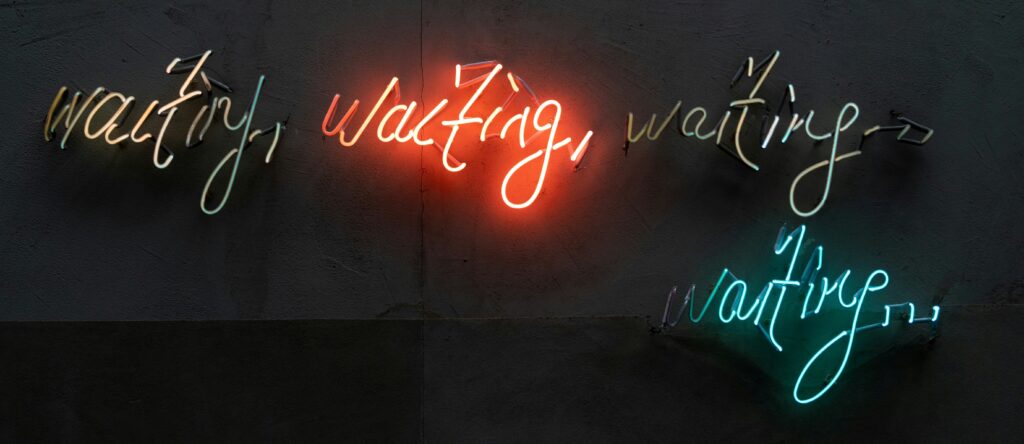
You walk out of the interview feeling hopeful. You’ve sent your thank-you email, and now you’re waiting—wondering how long does it take to hear back after a job interview. The silence can feel endless.
It’s one of the most frustrating parts of the process. But having worked alongside recruiters for years (and trained more than a few), I can tell you this: waiting doesn’t always mean rejection. There’s a lot happening behind the scenes that most job seekers never see.
Let’s unpack what’s really going on—and how long you should reasonably wait before moving on.
How Long Does It Take to Hear Back After a Job Interview? Typical Timelines
There’s no universal rule, but most decisions follow a general rhythm based on industry and role type:
- Entry-level jobs: 1–2 weeks
- Mid-level roles: 1–3 weeks
- Leadership positions: 3–6 weeks
- Government jobs: Several months, often with zero updates in between
If you’re in tech or startups, timelines are often shorter—sometimes just a few days.
For corporate, finance, or consulting, 2–4 weeks is common.
Healthcare, education, and nonprofit roles tend to move more slowly.
And federal roles that involve clearance? Expect 2–6 months.
According to a Glassdoor study, the average U.S. hiring process takes 23.8 days. But “average” can be misleading—some companies make decisions quickly, while others stall out for weeks.
What Happens Behind the Scenes After Your Interview?
If you’re still waiting to hear back, here’s what might be happening on the other side:
- Internal debriefs: Hiring managers and interviewers need to compare notes and align.
- Approvals: Offers typically require sign-off from HR, finance, or upper leadership.
- Comparisons: You may be one of several finalists. They’re likely still evaluating options.
- Checks: Background and reference checks take time.
- Budget and compensation: Sometimes the delay is about money, not you.
These are all normal—and none are a reflection of your performance.
Read more on: A Day in the Life of a Recruiter: What Job Seekers Need to Know
Does Silence Mean Rejection? Not Necessarily.
If you’re feeling ghosted, you’re not alone. A LinkedIn guide emphasizes the importance of providing feedback to candidates, yet many companies lack structured processes for this, leading to a communication gap.
This happens for a few reasons:
- Lack of structure: Many companies don’t have systems to notify rejected candidates.
- Avoiding discomfort: Some recruiters find it hard to send rejection notes.
- Keeping you as a backup: If their top choice declines, they may come back to you.
It’s not great—but it’s more common than you’d think.
How to Follow Up Professionally
If you haven’t heard anything within 5–7 business days, and no one gave you a timeline, it’s appropriate to follow up.
Here’s a polished example you can use:
Subject: Follow-Up on [Job Title] Interview
Dear [Recruiter’s Name],
I hope you’re doing well. I wanted to follow up regarding the [Job Title] position I interviewed for on [Date]. I remain enthusiastic about the opportunity and would appreciate any updates you can share about the status of the hiring process.
Please don’t hesitate to let me know if you need any additional information from my end.
Thank you again for your time and consideration.
Best regards,
[Your Full Name]
If there’s no response after another 7–10 days, it’s reasonable to move forward with your search while staying open in case the role circles back later.
Read more on: Recruiter Ghosting: Why It Happens and What You Can Do About It
What to Do While You Wait (Instead of Overthinking)
The wait can feel paralyzing—but it doesn’t have to be. Here are productive ways to handle it:
- Keep applying. Don’t hinge your search on a single opportunity.
- Learn something new. Short courses or certifications can build momentum and confidence.
- Reconnect with people. A short note to a former colleague or mentor can go a long way.
- Set boundaries. Decide when you’ll mentally “move on” if no response comes.
And just to share: I once waited five weeks to hear back from a role I thought I bombed. I assumed I’d been rejected—until I got the offer.
The Waiting Period Often Reveals More About the Company Than About You
If you’re wondering how long does it take to hear back after a job interview and feeling stuck in limbo, remember: delays aren’t always personal. Sometimes the organization simply isn’t ready—or isn’t well-organized enough to communicate clearly.
The most effective job seekers don’t put their lives on pause for any one opportunity. They keep moving forward, stay focused, and treat waiting as just one part of a bigger process.
